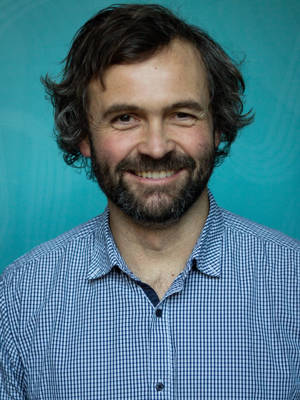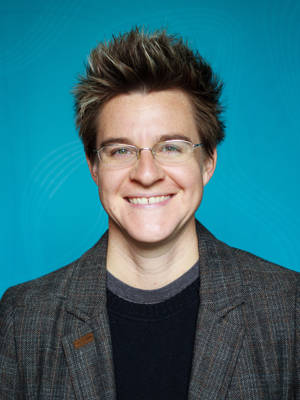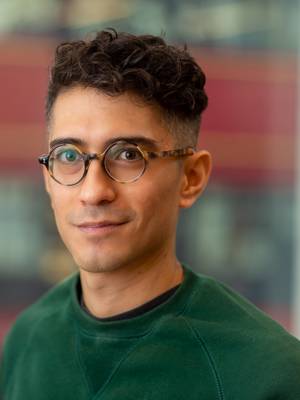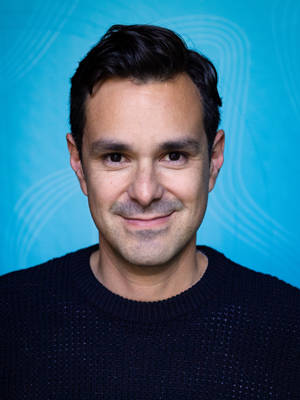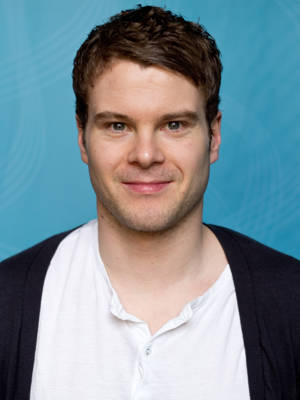This project seeks to understand why some non-violent uprisings help foster democratization while others do not, and will examine how dissident tactics can help promote transitions to democracy and democratic consolidation.
Nonviolent movements have often succeeded in unseating dictators, but short-term success does not guarantee long-term success. Many initially successful challenges have failed to produce democratic transitions. Movements have often faded away quickly after initial successes, followed by a return to authoritarian rule and increased repression. In other cases, nonviolent movements have fostered strengthened civil society participation and stable democracies.
This project examines how dissidents can promote democratic transitions and consolidation. Whereas existing research often focuses on whether predetermine factors are conducive to democratization, we emphasize the influence of the choices of actors and their consequences. Dissident movements tend to emphasize the importance of their own strategies, forward planning, and choosing the best tactics to engage civil society in order to secure a transition to democracy.
We develop a framework for how actors and choices in nonviolent dissent shape the prospects for democracy. We distinguish between different stages with distinct strategic challenges in pro-democracy campaigns, including the initial contestation, the removal of the dictator and the more long-term phase in the aftermath of a first challenge. The project will allow us to understand the incentives for actors and different social groups to support peaceful democratic competition, as well as practical questions with regards to the specific tactics that can help secure democracy. We apply a multi-method approach, combining statistical analysis of historical data (including new and more detailed information collected by the project), interviews with activists, experiments, as well as simulation to explore the outcomes of theoretical models. This allows us to assess the causes of observed outcomes and evaluate counterfactual questions such as whether different campaign strategies could have been more effective.

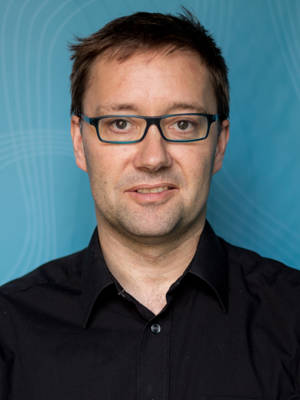


.jpg?x=300&y=400&m=Cover&)
